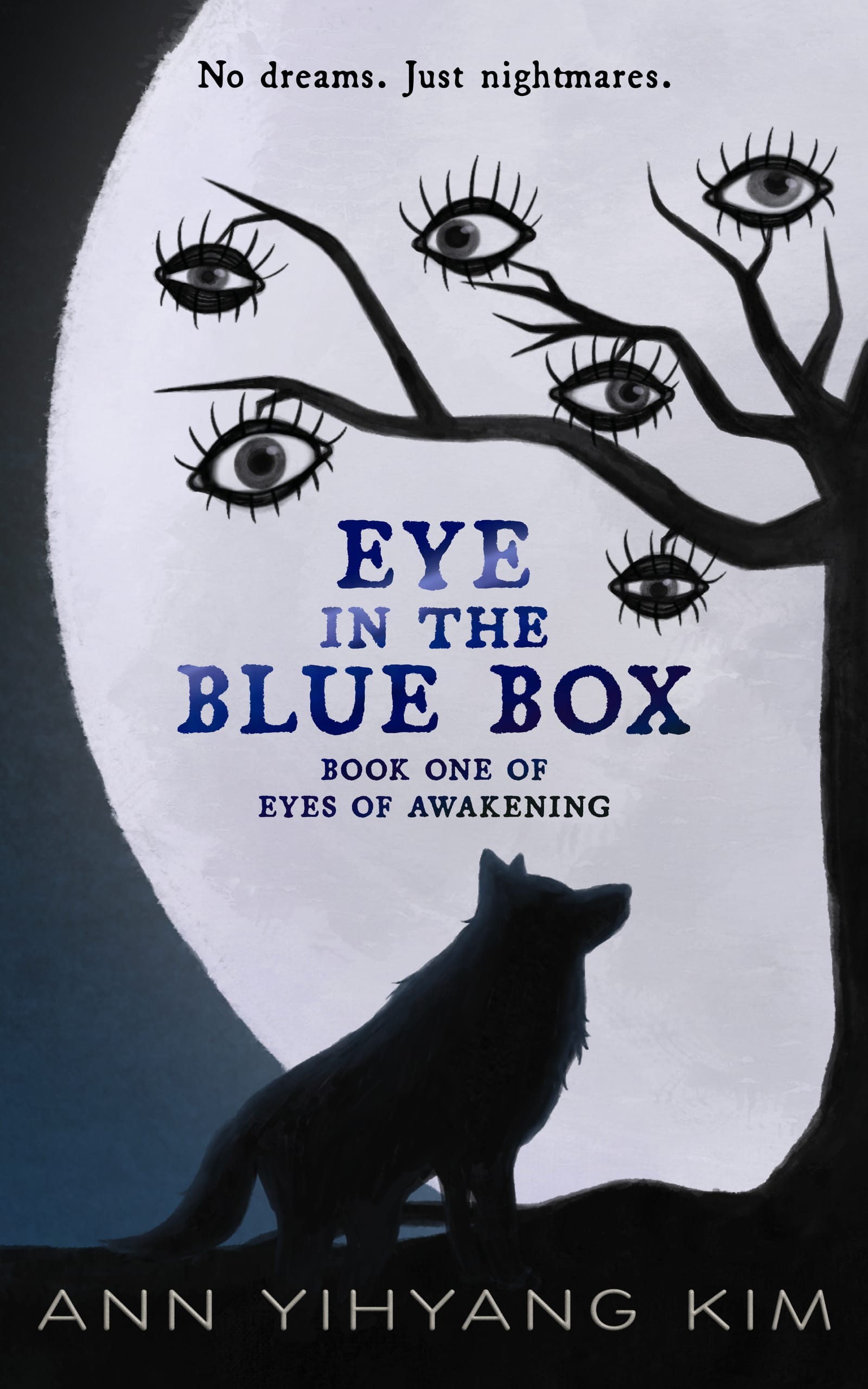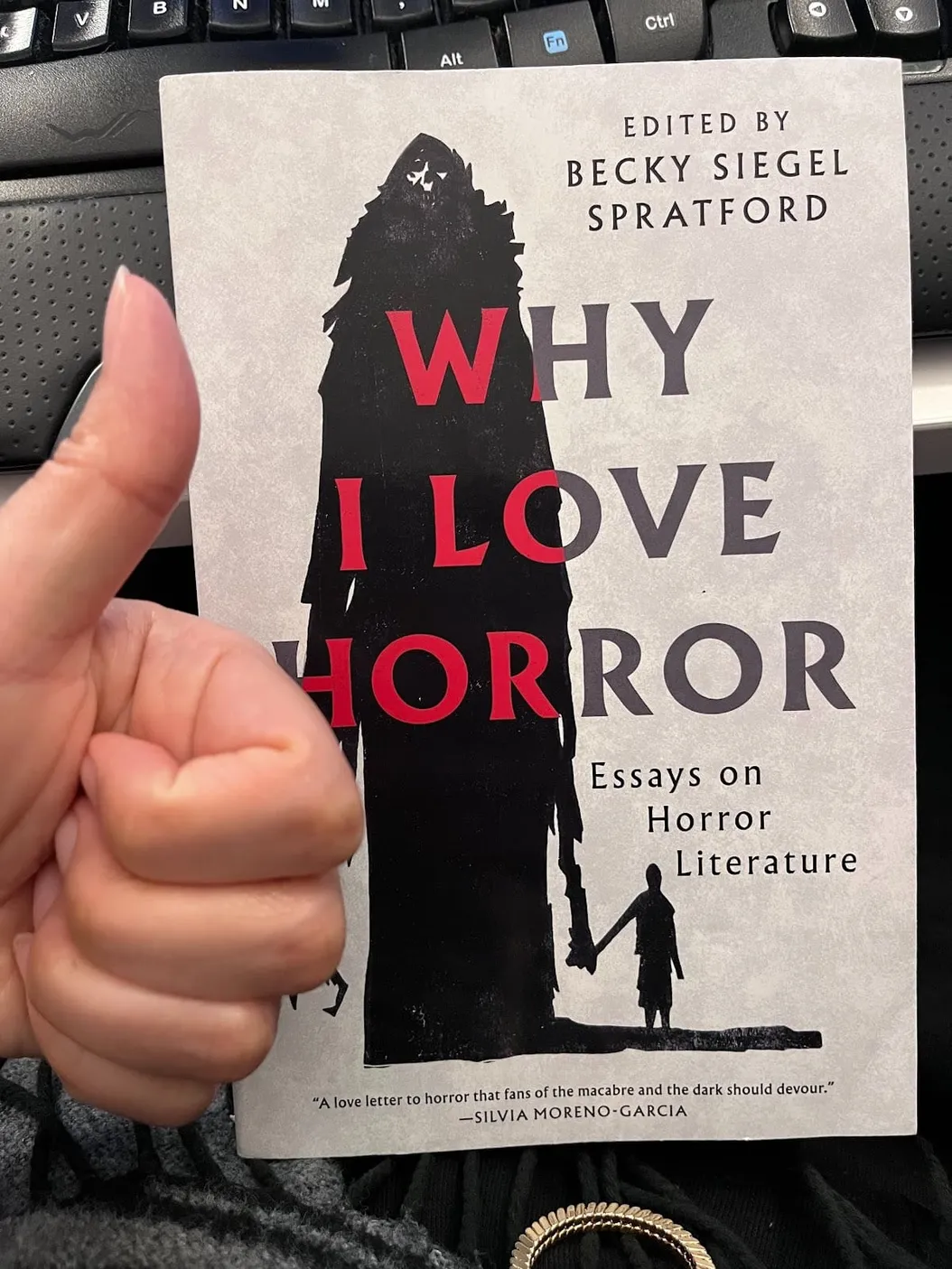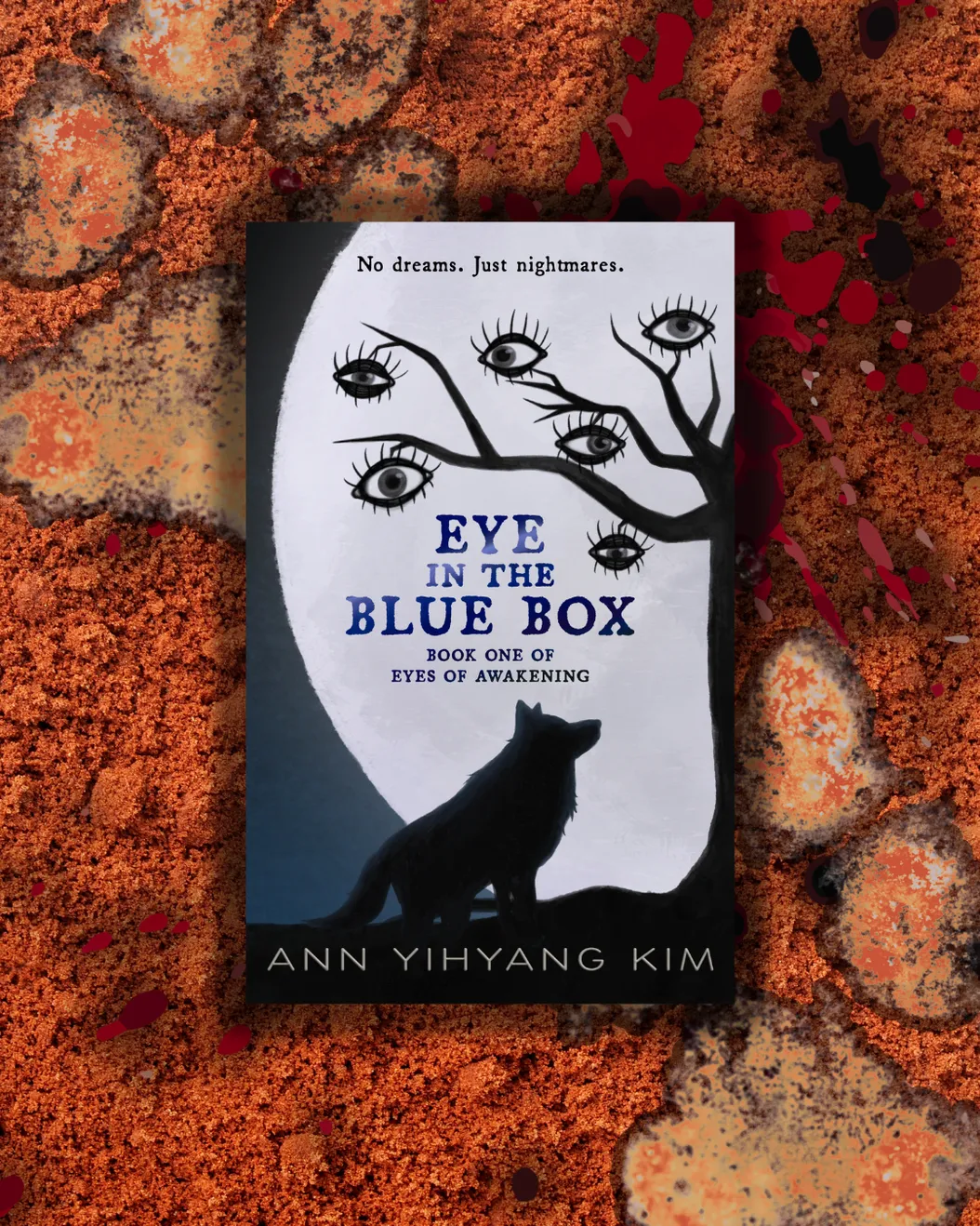Digesting feedback is a skill. I use the word “skill” very purposefully because it is something that must be learned and practiced with considerable effort in order to gain even a semblance of mastery. It is also something you can never truly perfect but something that you can always get better at. And the better you get, the easier it becomes.
The level of vulnerability and consequent humbling that feedback leads to are probably the biggest culprits which deter new writers from seeking out as much feedback as possible. But if you’re a writer, you must seek feedback. You must. There is no better way to polish your work than to solicit comments from others.
One of the earliest lessons I learned from analyzing feedback was that I’m much more stuck in my own head that I ever could have imagined. Parts of my book, from plotlines to definitions to even jokes, that I thought were easy to understand or “obvious” in some kind of way, often went totally over my readers’ heads. “You mean … you don’t find this joke funny? But I though it was hilarious!” is what I’d often think to myself before slowly looking around and realizing that I was the only one laughing.
It’s embarrassing when such instances happen, and it’s doubly humiliating when your whole manuscript is full of such “But I thought…” moments. But I’ve learned that “killing your darlings,” as Ernest Hemingway put it, really is the key to writing something great. Feedback is a tool that clears your vision so that you can see which darlings are actually the ugly monsters that you have to put down. Because if you let those darlings live, they’ll eventually eat your whole book alive. This isn’t to say, though, that some darlings can’t be kept. There are many darlings that are limping along and simply need a bit of a prod to get going at the speed that you need them to. But even with these types of darlings, it’ll be feedback that will allow you to see which ones should be allowed to live and which should be taken out all together.
Feedback is also incredibly useful for instances in which you know something is missing. You’ll have this nagging feeling that a pinch of something still needs to go into your creation to make it complete, but you just won’t be able to pinpoint the exact ingredient. Enter feedback, which, thanks to its third-person nature, often gives answers that you never would have thought of on your own. Such feedback will make you slap your desk and say, “That’s it! That’s what was missing! Two heads really are better than one.”
You’ll also start to form friendships with the people who are kind enough to try and help you with their feedback. You’ll begin to value the power of a group in general as these people give you advice that prunes your writing in ways you wouldn’t have been able to on your own. And you’ll be deeply touched at the amount of time and effort they’re willing to pour into you just so you can write a better story. I’ve had the great privilege of meeting some wonderful people thanks to my desperate pleas for feedback.
Most of the time, though, receiving feedback won’t be that joyous of an occasion. Accepting and digesting feedback, even from some of your nicest reviewers, can be one of the biggest hurdles in learning the skill that is receiving feedback. It’s a bitter pill to swallow when they’re really, really right and you’re really, really wrong despite all your best efforts. The truer the feedback, the more bitter it tends to taste. It’s always hard to accept that my precious darling was actually a monster all along.
But pride isn’t the only thing that can make feedback hard to take in. Because not all feedback will be friendly. Of course, hurtful feedback doesn’t necessarily stem from malicious intentions. Sometimes, people simply don’t understand what your work means to you and how much of your heart you’re ripping out and putting on the table for their inspection. Such readers will be innocently tactless and say things that, I believe, they wouldn’t have said or, at least, said in such a way had they known how much your writing really means to you. There are also a lot of people who simply don’t understand how to articulate themselves well to begin with and end up giving feedback that is ignorantly offensive.
There are others, though, for whom you won’t be able to make any possible excuse. It’ll be clear that they are being arrogant and rude. You’ll see it, they’ll see it, and they’ll care less. In fact, it’ll be very clear that they’re enjoying themselves as they rip your work to shreds, and if you dare to be offended by their actions, they’ll throw your work on the ground and spit on it before telling you that it wasn’t that great of a read anyway.
There is a name for such people, and it is: trolls.
Ah, trolls. I think I was most surprised by how numerous they are and how they live in people you’d least expect to be hosting one. People who said they’d be happy to help you, to be a friend, to read something they know you’ve been working hard on somehow turn into the most vicious monsters you’ve ever had the displeasure of meeting as soon as their fingertips touch a keyboard.
However, one of the good things that comes out of such encounters, especially your very first encounters, is that your skin will thicken like no tomorrow. You’ll go through the first few instances with grief, anger, shame, and frustration, all of which will also carry an underlying sense of betrayal. You trusted these people to be a friend in your time of need, after all. But as time goes on and you meet other trolls who will tell you things that are even more malicious and even more insulting than anything you’ve ever heard before, you’ll simply start responding with, “Eh. I’ve heard worse,” and get over it with a speed that’ll surprise even yourself. Maybe it’s precisely because those first few encounters were so painful that anything that follows will comparatively feel like nothing.
The thicker skin also adds to your ability to pick out the right comments from the wrong ones. There will inevitably be times when you read a particularly nasty comment that’s loaded with all the flippant maliciousness, sarcasm, and boredom you could imagine, but lying there amongst the stream of filth will be something that actually shines as true.
It sucks beyond all words when this happens. “Damn it! They’re right. Maybe not about everything. But that one thing is definitely right,” is what you’ll think to yourself, scrunching up your face and slowly shaking your head at just the thought of it. But in those moments, you’ll have two choices. You could leave that diamond lying there in the filth. Or you could pick it up, cash it in, dress in all designer clothes, go back to those damn trolls, and dance around while making it rain. You will, of course, be gloating that you are richer and smarter than them in every way possible the whole time you do this. In other words, you could choose to listen to what is true, though it is, unfortunately, worded so cruelly. You can choose to write a greater book despite the obstacles. And you’ll be all the better not only as a writer but as a person for it.
This ability to humble yourself for the sake of accepting what is true strengthens your ability to be objective as well. Of course, it will always hurt a little to humble yourself. But so what? If it’s true, it’s good. And you need to take what’s good if you want even a chance at writing something great. You’ll become talented at seeing where people are coming from, nodding to yourself, and saying, “That actually makes a lot of sense,” even if your pride and/or feelings are hurt. Conversely, you’ll get just as good at saying, “I can see where you’re coming from … but no” because you’ll know that you can trust yourself in those moments. You are not, after all, above snatching up good advice even from a troll if it rings true. If you are rejecting advice it’s because you really cannot agree with it, and you know that to incorporate it would be to ruin perfectly fine work.
This ability to tune out bad advice while also listening to good advice is one that forms over time and with experience. It might be the hardest part of growing your skill of taking in feedback simply because the richness of the soil in which it grows is directly correlated to the amount of times you get humbled. But boy, are the results worth it. You will reap a Thanksgiving feast of a harvest in terms of indispensable feedback and sharpen all the mental tools you need to gather even more the next time around.
Plus, the humility you gain with negative comments keeps your ego strapped down and safe when you do get positive comments (and get them you surely will). Don’t get me wrong, I still get pretty high on positive comments, but just as how it gets easier to take negative feedback objectively and, therefore, make actual use of it, it also gets easier to take positive feedback and simply take pride in your hard work instead of inflating your pride. Also, it’s important to give equal weight to both negative and positive feedback because you need to be aware of what you’re doing right and not just what you’re doing wrong. You need to know what to keep doing, what is working, what you should continue aiming for in order to keep moving forward. You can’t improve just from knowing what not to do.
But the best part of honing your skill in receiving feedback is that you’ll grow so much as a person. Life is interdisciplinary, and improving in one area often means that those improvements will flow into others. I used to absolutely hate feedback because of the horrible, sinking feeling of shame that negative comments would bring. But now, I appreciate receiving feedback not only in my writing but even in my regular nine-to-five job. I don’t feel as anxious about revealing potential flaws or mistakes. After all, I work on my writings’ flaws and mistakes all the time, and if I hadn’t confronted them, I wouldn’t have been able to write a book I’m proud of. I know I can always improve my writing, so I don’t see why I can’t always try to improve in other parts of my life too. As long as I put in the work, I am confident I will see results.
The tougher skin feedback grows is there whether or not I’m writing too. If someone gets angry at me or yells something rude or malicious, it’s so much easier to shrug it off. Trolls, even the trolls outside of writing, turn quickly into white noise now.
All of the above, though, isn’t to say that I’ve mastered the skill of taking in feedback. I haven’t. It can still hurt. It can still be disappointing. You try your best, and it sucks to know that your work will never be perfect even with your sweat-breaking best. Humility will always have a bit of a bitter taste, no matter how good it is.
But skills are more about mastery than perfection. And perhaps it is precisely because you can never attain the end of your own improvement that it’s always good and even exciting to try.
Also, in case you don't follow me on Instagram, I finally revealed the full cover of my debut novel, Eye in the Blue Box!

And speaking of feedback, I have some exciting news! Eye in the Blue Box got a glowing review from a highly-regarded book reviewing organization. The review is now publicly posted on their website, which means I have permission to share it now too.
Kirkus Book Reviews is one of the most highly regarded reviewing authorities in the book publishing industry, not just for fiction but for all genres. They said of my book, "This extraordinary, energetic opening installment is not to be missed."
And if you use the search function for Fiction --> subgenre: Fantasy --> Critical Recommendations --> Release Date (Coming Soon), you'll see that my book is one of only a few books in my genre to be included on their Critical Recommendations page.
My book is listed literally side by side with the likes of RF Kuang and other New York Times Bestselling authors. Like ... MY book! They also gave my book their "Get It" verdict, which is not something they give to every book. Indeed, it's considered an honor and very high praise.
Guys, I cannot emphasize enough how big of a deal this is. Kirkus is known in the industry for being objective, which is just another way of saying that they can be cold or even savage (as you can see from their review of Iron Flame, which is part of the hit Empyrean series you've probably seen being sold everywhere from Costco to Barnes&Noble. That review, though. Ouch. They were equally savage with the NYT bestseller, The Silent Patient.)
Kirkus reads thousands of books per year, and all of their reviewers are vetted industry professionals. To be not only included as one of their critically acclaimed books but to be given a review that calls my work "extraordinary" is extraordinary in and of itself.
Who knows how my sales will do in the future, but I am taking time to savor this moment. More than anything, though, I'm grateful God placed my book in the hands of a Kirkus reviewer who proved to be the "right" reader who really "got it" when it came to what I was trying to do with the book. Not everyone is well-read in fantasy, so it's a great blessing that my book was given to a well-read reviewer.
If you’d like to support my book/writing in general, the following would help a lot:
1. Read the Kirkus review, of course!
2. Press the thumbs up button on my review page so that my book gets better visibility. Making a Kirkus account takes less than 10 seconds to set up, and this extra vote of confidence would go a long way for helping my book!
Getting a positive Kirkus review is considered as "making it" by many in the self-publishing world (though there are also a good number of bitter Redditers who also think Kirkus is just talk. They have a point too). Maybe my book sales will tank. Maybe they'll do well. But at least from this aspect, I've already made it!

